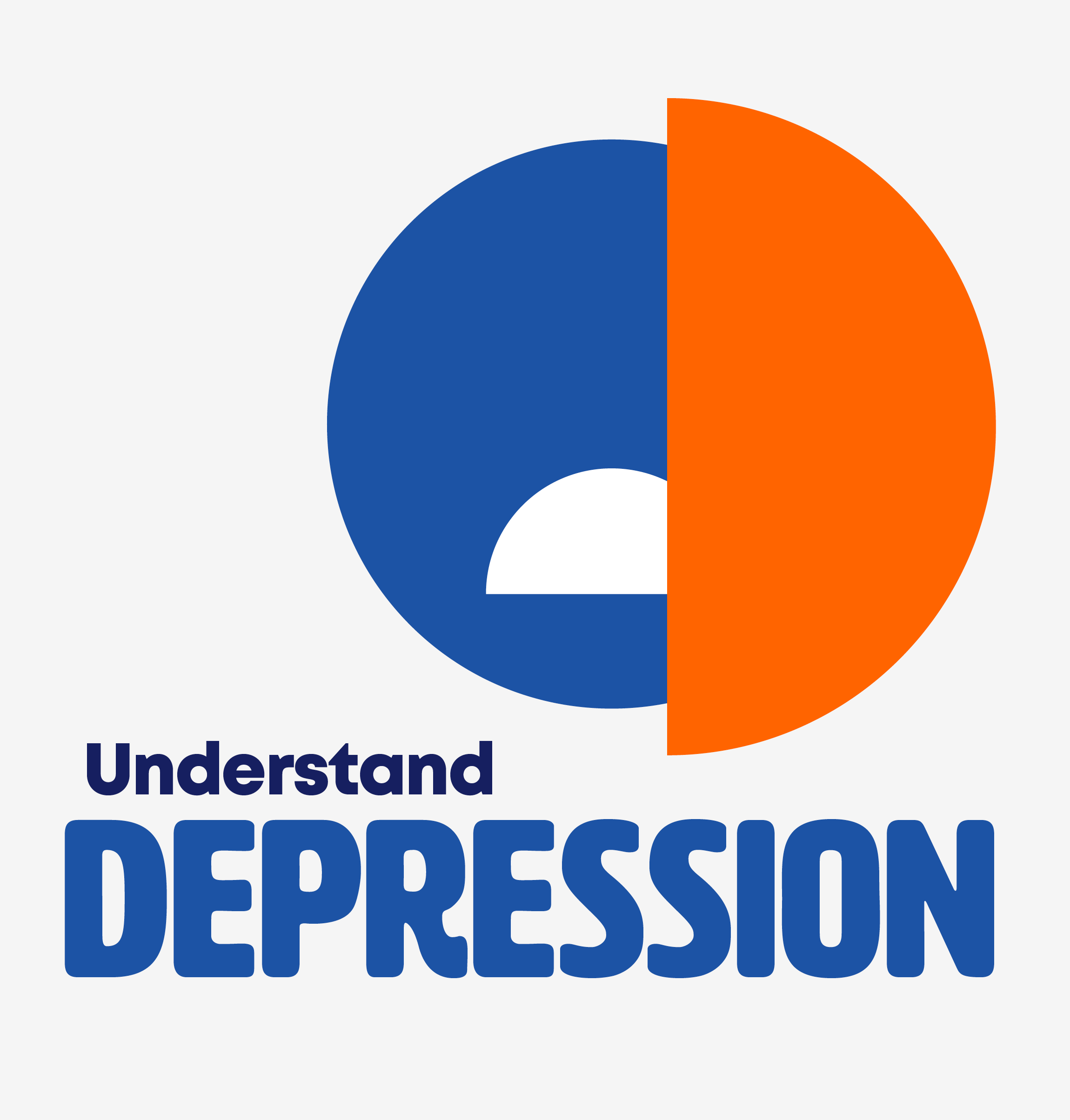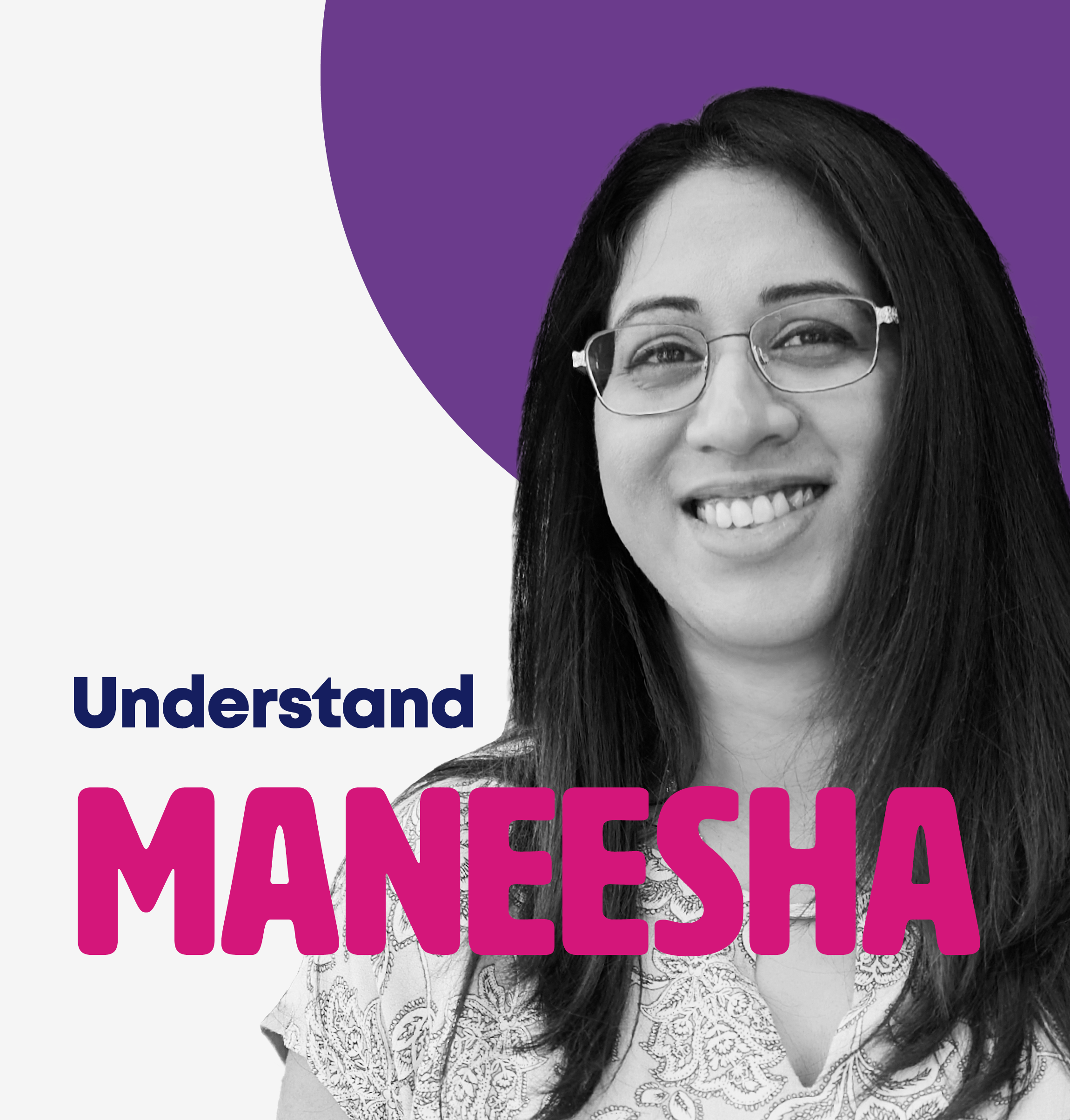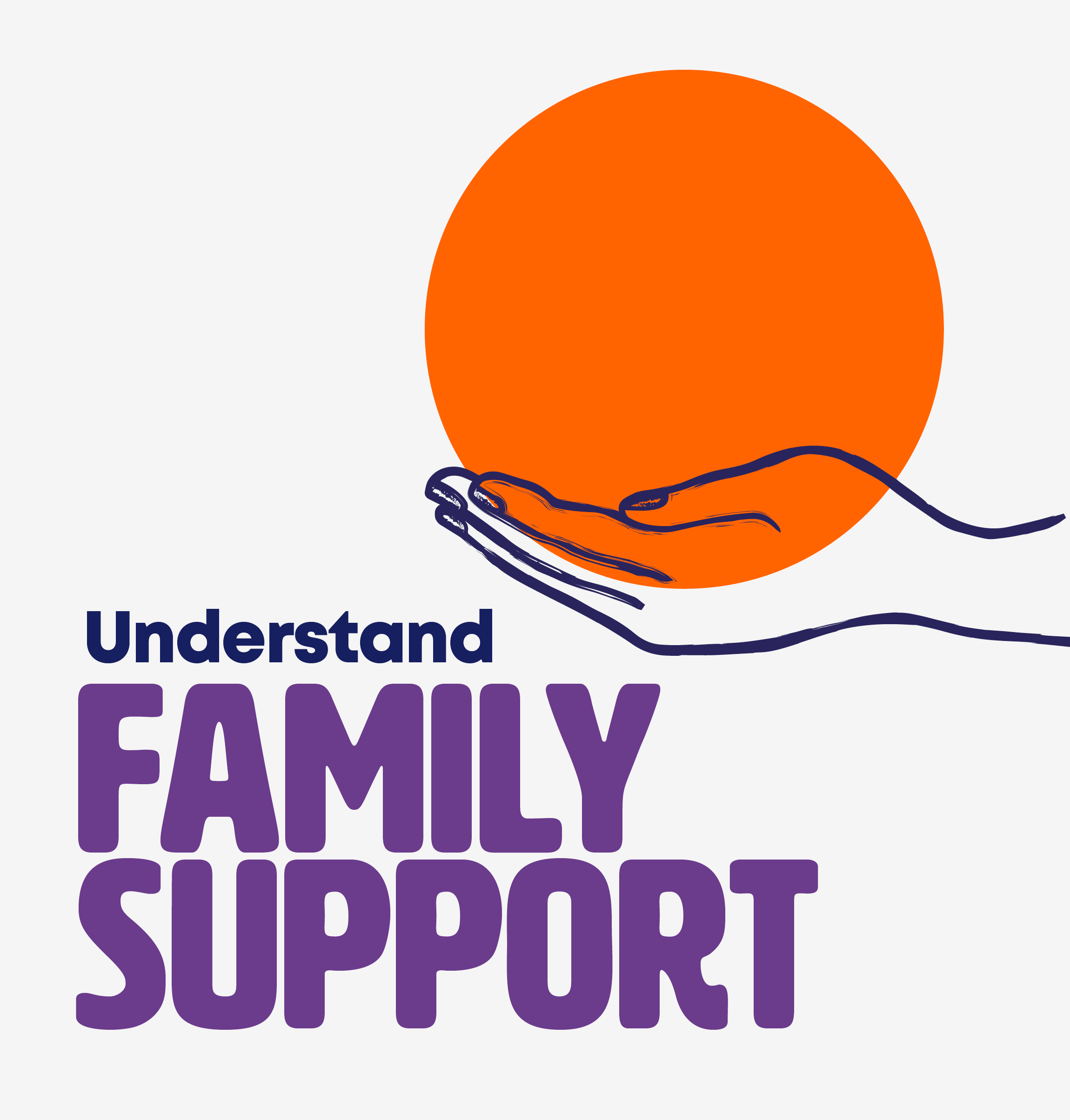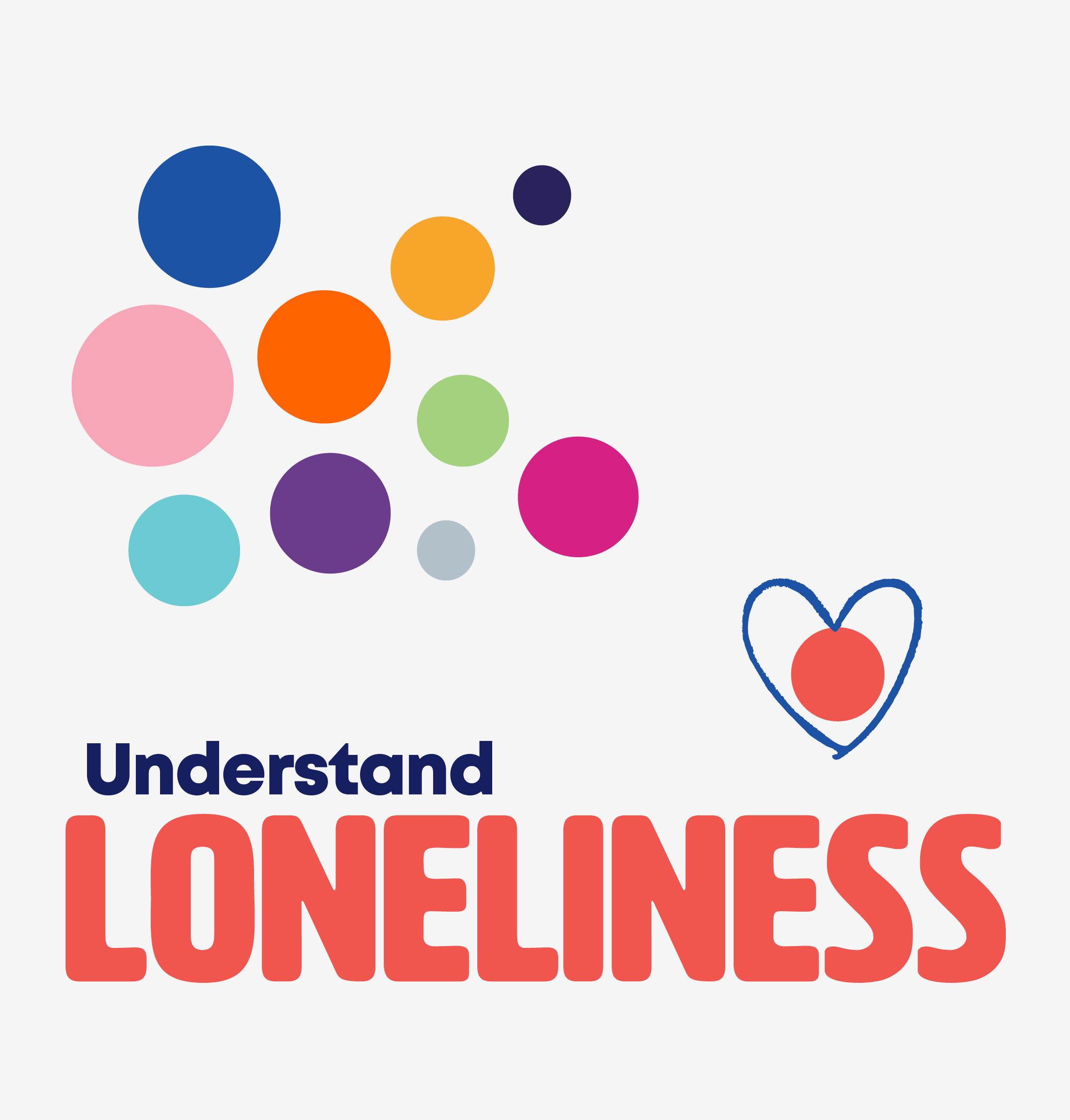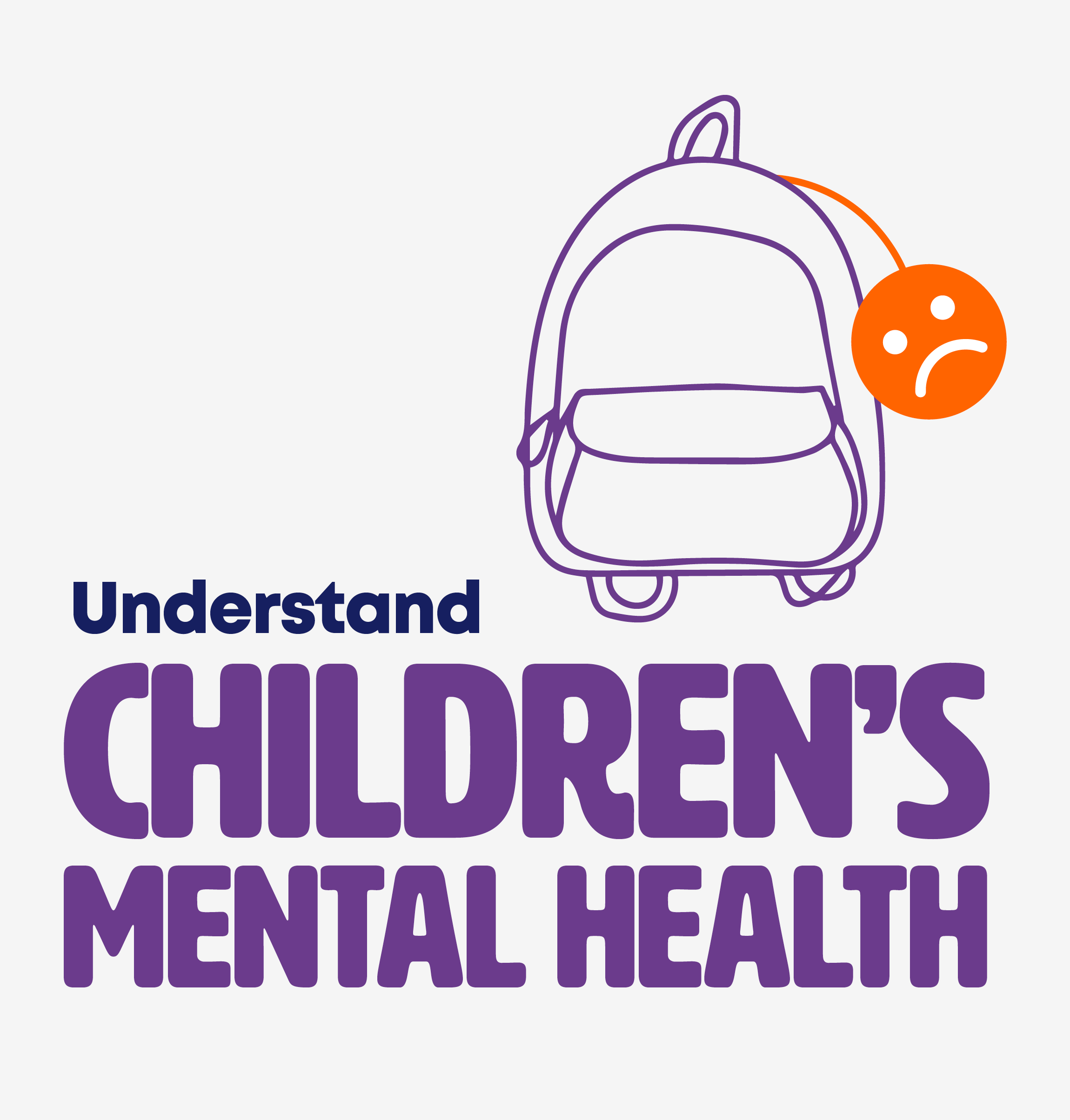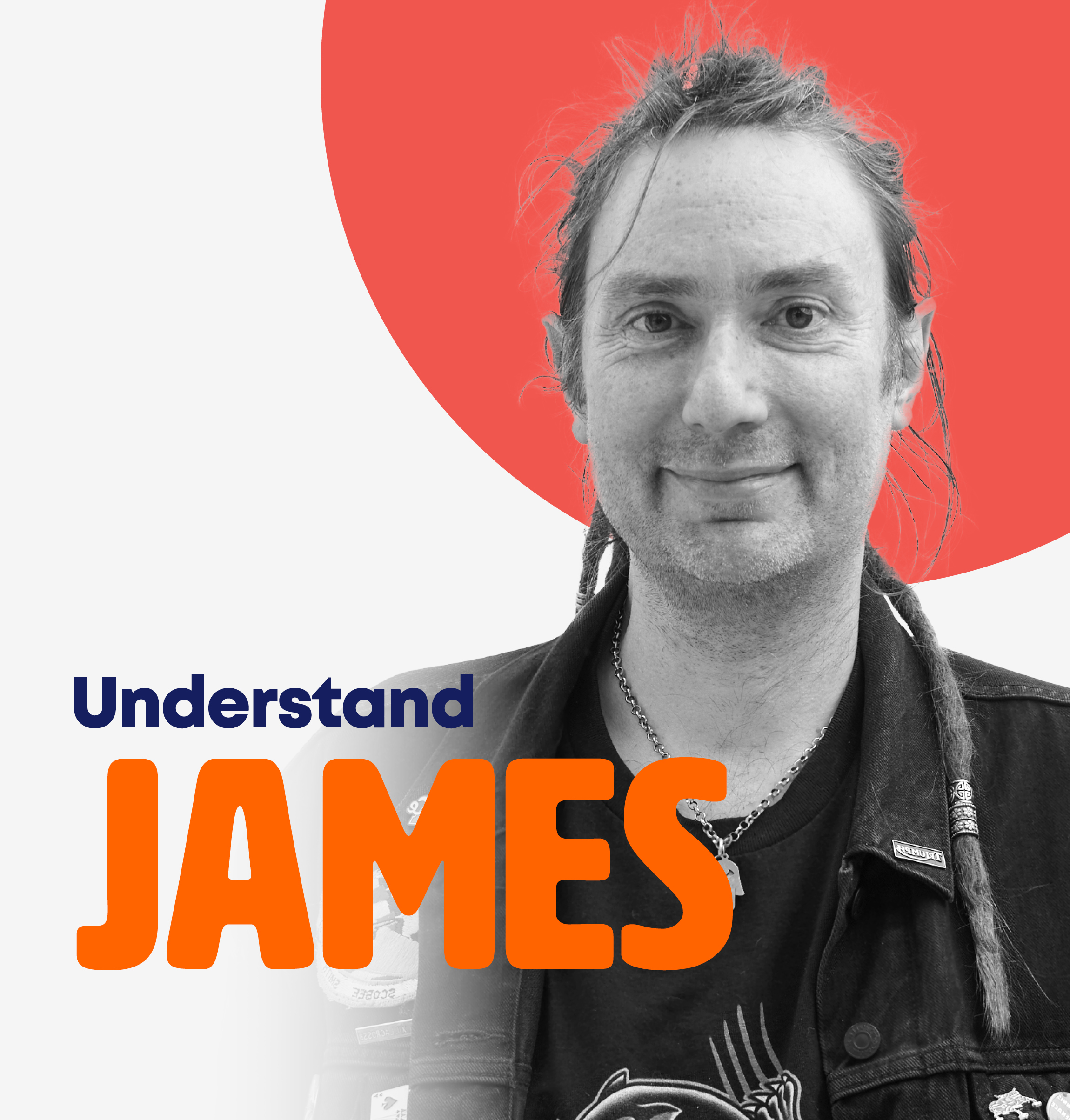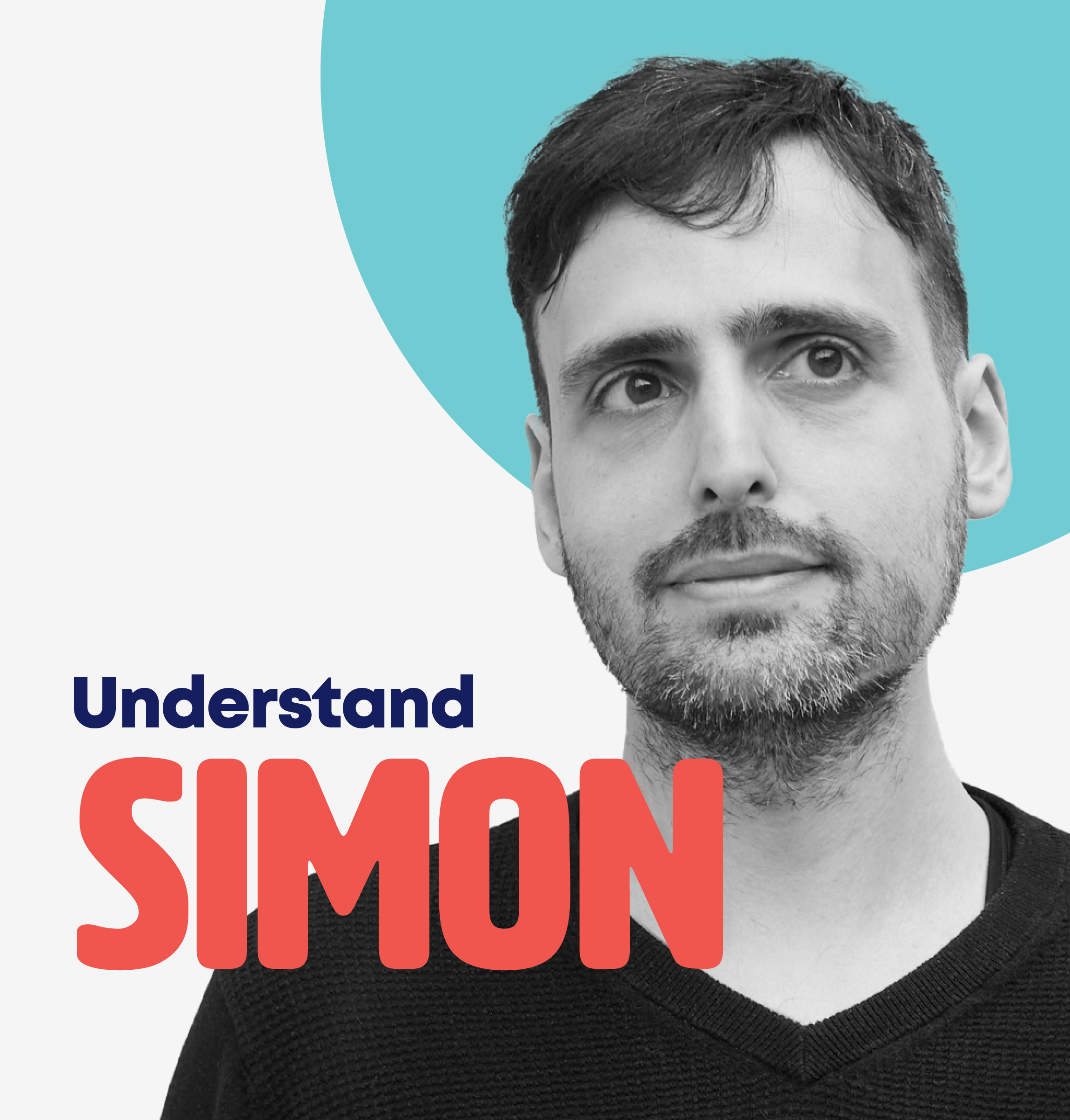
“We support the person, not the diagnosis.”
For Laurie, chief executive of Jami, running the mental health service for the Jewish community is all about the people – whether that’s providing the most innovative and appropriate services for individuals and families affected by mental illness; valuing the expertise of Jami staff who help deliver them; or educating the community about mental illness and its impact on all our lives.
Putting people’s needs first
He says: “All our services are person-centred. We’re focused on what people’s issues are and why they might need Jami. In most cases, someone will only need us if their illness is impacting on their daily living. Therefore, our support is not based on a person’s diagnosis but on how they want to live their life.” Hence, if someone has a job interview but their anxiety is stopping them from getting there, Jami will support them by providing travel training through its occupational therapists.
The charity has also widened its ‘front porch’ – that first point of contact people have with the charity – recognising that many issues can be dealt with through advocacy, advice and signposting to other organisations. Indeed, Laurie says: “Collaboration with other organisations is really important. We want people to be able to access services within their community.”
Providing support on the high street
Through Head Room in Golders Green, Jami has changed the way the Jewish community thinks about mental health. Laurie says: “It’s a place where people can walk in off the street to get support, while others sit down to eat shakshuka,” explains Laurie. “Our mental health café on the high street makes a lot more sense to people now than it would have done several years ago. That lone figure on the street once treated with disdain is now the person sitting in our café being given respect. And that change is quite remarkable.”
Changing attitudes towards mental illness
Although Laurie recognises that the stigma around mental health issues, such as depression and anxiety, is subsiding, he believes the stigma around psychosis and some other mental health conditions is as bad as ever. “Not all mental health is the same although we seem to lump it all together,” he explains. “We need to get to the stage where the community not only understands mental illness but can also openly talk about the problems we are having and regard mental illness just like any other physical illness. The good thing is that we are starting to do this.”
The fact that more people are reaching out to Jami for support could be an indication of this change in attitude towards mental illness or an increase in the numbers of those affected. “It’s really hard to say which it is,” says Laurie. Whatever the reason, the charity has evolved and grown to meet this increasing need. “From an outdated, taboo, institutionalised service for people with mental illness, Jami has become one of the most refreshing brands in the community,” he says. “We are accessible, innovative and fresh in our ideas. And yes, we have grown, with more staff, more volunteers and more people using our services than 30 years ago. But our values and culture haven’t changed,” he explains. “We’re just doing bigger and better things.”
Improving and developing new services
Head Room café’s expansion is just one of them, boasting a bar area at the back, three semi-soundproofed meeting rooms, two more accessible toilets and a newly renovated and enlarged kitchen offering better menu options. The updated café also has sofas for lounging as well as tables for dining, and the outside features new signage. Most importantly, increased space at the café means that Jami can deliver more events and activities geared around supporting mental health.
Jami’s Children and Young Person’s (CYP) service is another area of development. “Our pilot programme for 11–18-year-olds is so important because the vast majority of mental illness starts in childhood. We need to help people manage their mental health as early as possible so that they need less support in adulthood,” says Laurie. “If we have good mental health, we can cope with so much in our lives.”
Looking to the future
So where does Jami’s leader of almost 16 years see his charity heading? “I’d like to be doing more of what we’re doing now,” says Laurie. “But I would also like to see Jami shrink because we have done such a good job in enabling the community to look after mental health itself. In short, I would like Jami to transform the mental health landscape and create a mentally healthy community for the future.”
